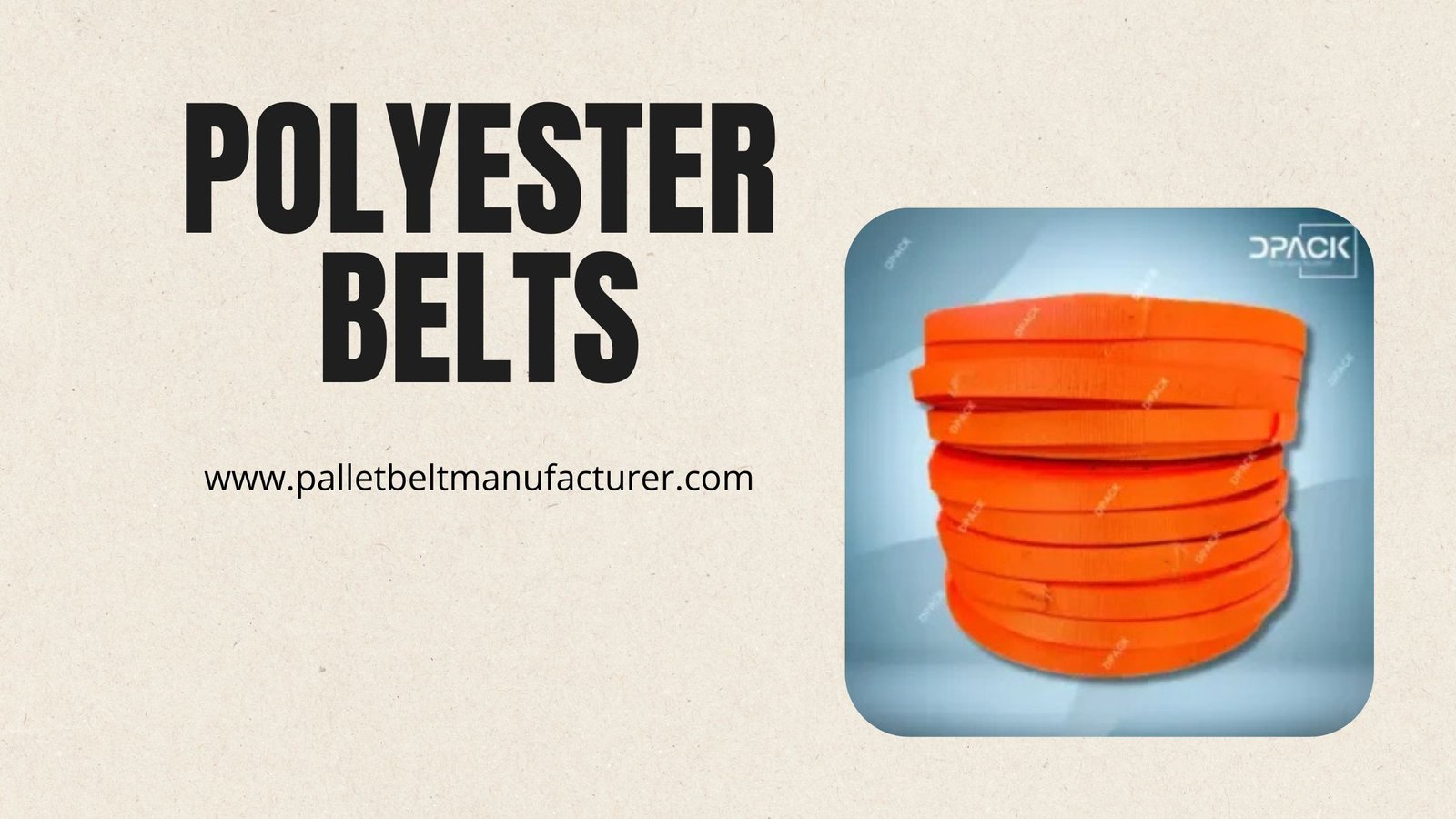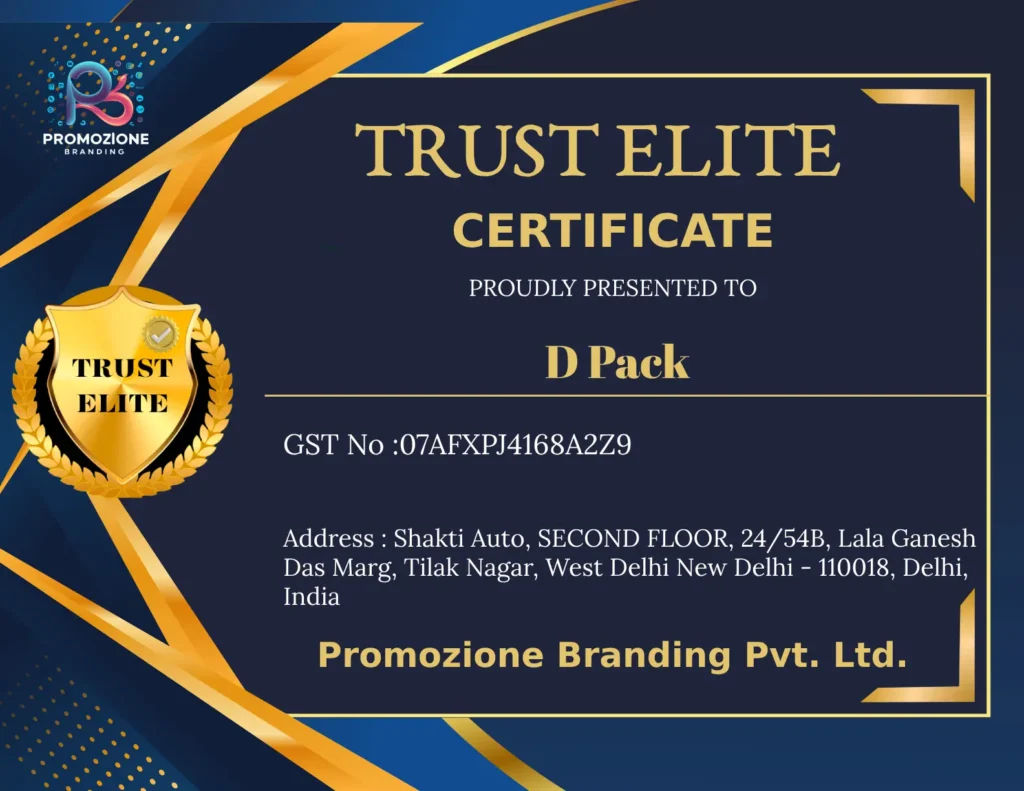
Polyester Belts: The Unseen Power Behind Industrial Strength and Durability
In a world that runs on logistics, heavy machinery, and manufacturing efficiency, one component often goes unnoticed — the polyester belt. These tough, flexible, and lightweight belts are a quiet workhorse across industries like logistics, textiles, agriculture, packaging, and material handling.
But what exactly makes polyester belts such a preferred choice? And why are businesses shifting toward this solution over traditional options?
Let’s dive into the versatility and value of polyester belts and why sourcing from a trusted supplier makes all the difference.
What Is a Polyester Belt?
A polyester belt is a strong, synthetic strapping material or woven belt made using high-tenacity polyester yarns or fibers. These belts are engineered to withstand heavy loads, resist environmental wear and tear, and provide reliable tension and grip.
Polyester belts come in various forms, including:
- Woven polyester belts
- Corded or composite strapping
- Heat-sealed polyester straps
- Endless polyester belts for machinery or conveyors
These belts are used for bundling, lifting, conveying, and securing materials — from delicate cartons to massive industrial loads.
Key Benefits of Polyester Belts
Unlike jute, cotton, or steel strapping, polyester belts offer a unique combination of strength, flexibility, and resistance. That’s why they’re trusted across sectors. Here’s why:
1. Exceptional Tensile Strength
Despite their lightweight nature, polyester belts can handle heavy loads and high tension. Their strength makes them ideal for both dynamic and static loads.
2. Resistance to Moisture and Chemicals
Polyester doesn’t absorb moisture easily and holds up against many oils, greases, acids, and UV exposure. This makes it suitable for outdoor and marine use as well.
3. Lightweight and Safe to Handle
Polyester belts are significantly lighter than steel straps. They don’t rust, cut into goods, or cause injury to handlers.
4. Stretch Recovery and Shock Absorption
These belts offer a controlled amount of stretch, which makes them perfect for loads that might shift in transit — absorbing shock without snapping.
5. Cost-Effective and Reusable
In many cases, polyester belts can be reused multiple times, bringing down long-term packaging or handling costs.
Common Applications Across Industries
From industrial plants to rural farms, polyester belts play a key role in day-to-day operations. Some real-world applications include:
- Logistics and Freight Handling: Securing pallet loads or bundled cargo during transport.
- Construction and Infrastructure: Lifting heavy components, securing tools, and bundling rebar.
- Textile and Garment Factories: Used in machinery or for fabric roll handling.
- Agriculture: Used in baling, tying, or even transporting produce.
- Warehouses: As pallet belts or load stabilizers during shipping and stacking.
Because of their flexibility and safety, polyester belts are even used in aerospace and automobile assembly lines, where material integrity is non-negotiable.
How to Choose the Right Polyester Belt
Selecting the right belt depends on a few important considerations:
- Load Weight: Choose belts with adequate break strength based on your average and maximum load.
- Length and Width: Standard widths range from 13mm to 32mm, but they can be customized.
- Application Type: Conveyor belts, strapping belts, or woven belts have different structures.
- Environment: If exposed to moisture, chemicals, or sunlight, look for UV-resistant or coated options.
- Reusability: Depending on usage, some belts are designed for single-use while others support multiple cycles.
A trusted supplier will help match your application needs with the right polyester belt configuration.
Why Source Polyester Belts from a Reliable Supplier?
Not all polyester belts are created equal. Quality depends on the yarns used, weaving method, and manufacturing consistency. When you buy from a specialized manufacturer or supplier:
- You ensure IS or ASTM standard compliance.
- You benefit from customization (color coding, width, logos, etc.).
- You receive bulk deals and on-time delivery for operations.
- You get technical support to make the right product decisions.
Whether you’re managing a fleet, a warehouse, or a production floor, getting your belts from the right source can save time, money, and stress.
The Sustainability Edge
In today’s eco-conscious world, polyester belts are gaining favor for their recyclability and reusability. Some variants are even made from recycled PET (plastic bottles), reducing carbon footprints.
This shift is helping industries move toward greener operations without compromising strength or performance. It’s a small step with a large impact on sustainable manufacturing and logistics.
Conclusion: A Simple Solution with Maximum Impact
Polyester belts may not always make the headlines, but their role in the supply chain is nothing short of vital. They offer a practical, durable, and safe solution for securing, lifting, and transporting a wide variety of loads.
Whether you’re in manufacturing, transport, packaging, or agriculture, these belts simplify operations and reduce risks. And when you choose a trusted supplier, you get consistent quality, on-time availability, and technical support when it matters most.
At the end of the day, it’s not just a belt. It’s a backbone for many industries.
FAQs – Polyester Belts
Q1: Are polyester belts stronger than cotton or jute belts?
Yes. Polyester belts offer significantly higher tensile strength and durability compared to natural fibers like cotton or jute.
Q2: Can polyester belts be used outdoors?
Absolutely. Polyester belts are UV-resistant and moisture-resistant, making them ideal for outdoor applications.
Q3: Are these belts reusable?
Many polyester belts are reusable, especially woven types, depending on the load and usage conditions.
Q4: Do polyester belts come in different sizes?
Yes. They are available in various widths and thicknesses, and many suppliers offer customization.
Q5: What industries typically use polyester belts?
They are commonly used in logistics, packaging, construction, agriculture, textiles, and warehousing.


